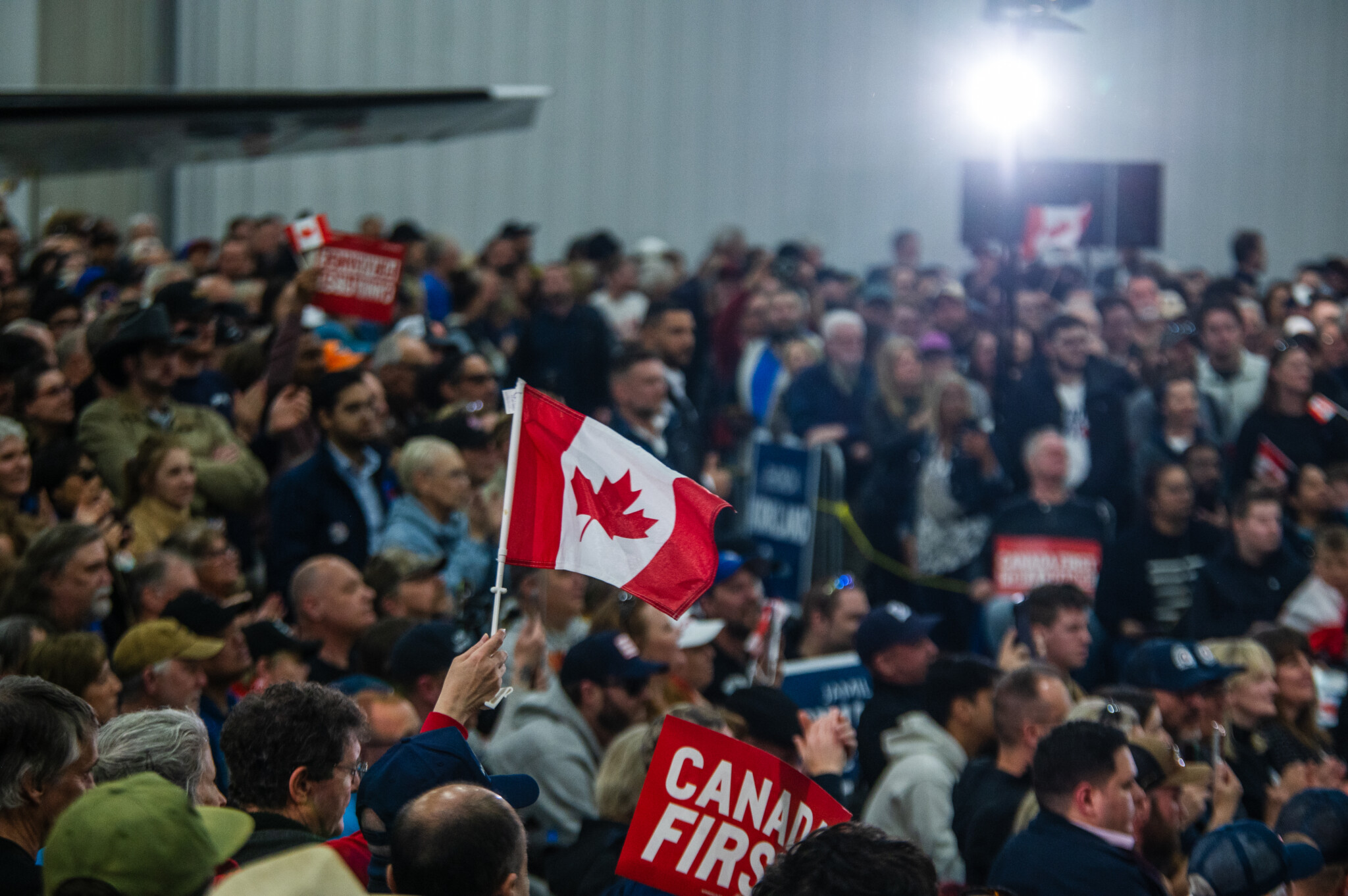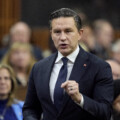Recent online debates sparked by younger conservatives have raised interesting questions about classical liberalism, Ronald Reagan’s legacy, and the best course of action to achieve common conservative goals.
Reagan is fondly remembered by older conservatives for his liberal, free-market, small-government policies, but his more enduring legacy may be his moral clarity and faith-based values—his economic beliefs, and his cultural values. I think modern conservatism needs to find a way to convene in this space—a renewed fusionism—supporting liberal economics and embracing conservative cultural values.
Though Reagan’s proposed constitutional amendment for voluntary school prayer ultimately failed, the deeper schism came after his presidency, when the GOP, flying high on the Cold War victory and supply-side economics, foolishly ignored William F. Buckley Jr.’s frequent warnings. It ceded the cultural base that Reagan had built.
“The libertarian impulse, while vital to conservatism’s economic soul, must not be allowed to corrode its moral foundations,” Buckley wrote in 1986.
By the late 1980s, conservatives had largely set aside their public views on religion and turned their focus solely on free market economics and small-government policy, which in large part aligned with progressive secular cultural aspirations. Untethered to their faith-based past, conservatives abandoned their traditional role as a grounding cultural force for society.
Should modern conservatism prioritize economic policy or cultural values, or both?
Why are younger conservatives reportedly more culturally conservative than older generations?
What does the article suggest is the 'enduring legacy' of Ronald Reagan for modern conservatism?








Comments (4)
If young conservatives think that a religious revival is the answer, then I fear that waiting for salvation from an invisible man might not work out for them. Get political by getting involved: school boards, council meetings, good old fashioned picnics and suppers, by all means church, etc. to discuss together what conservatism has in common for the common good.